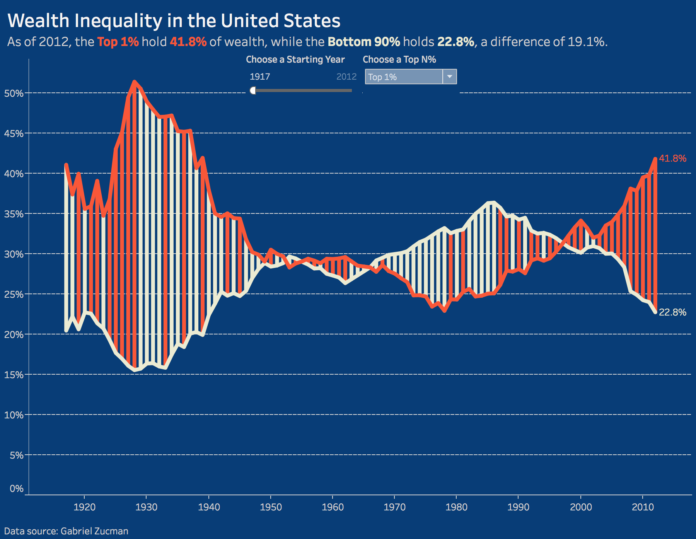Ardain Isma
CSMS Magazine
In the vast landscape of social justice, few factors loom as large and pervasive as economic inequality. The chasm between the haves and the have-nots stretches far and wide, affecting every aspect of society. From access to education and healthcare to opportunities for employment and upward mobility, economic inequality casts a long shadow over the quest for a fair and just society.
I grew up in an environment where social activism played a major role in seeking to ensure that all individuals have equal rights, opportunities, and resources, regardless of their background or circumstances. In addition, economic inequality undermines this fundamental principle by perpetuating disparities based on wealth and income. In a world where resources are unequally distributed, those at the bottom of the economic ladder often find themselves marginalized and disenfranchised, facing barriers that impede their ability to thrive.
One of the most glaring consequences of economic inequality is its impact on access to education. In many societies, including the United States (believe it or not), the quality of education available to individuals is closely linked to their socioeconomic status. Affluent communities often have well-funded schools with access to the latest technology and resources, while disadvantaged areas struggle with underfunded schools and overcrowded classrooms. As a result, children from low-income families are often denied the same educational opportunities as their wealthier counterparts, perpetuating a cycle of poverty and inequality. Children in the rural areas as well as those in the inner cities are the most affected by this reality.
Healthcare is another area where economic inequality rears its head with devastating consequences. In countries without universal healthcare systems, access to medical services is often determined by one’s ability to pay. This means that those who are unable to afford insurance or medical care are left to fend for themselves, facing dire consequences in terms of their health and well-being. The COVID-19 pandemic has laid bare the inequalities in healthcare access, with marginalized communities bearing the brunt of the crisis due to underlying socioeconomic factors.
Moreover, economic inequality exacerbates existing social divisions and injustices, widening the gap between different demographic groups. Minorities, women, and other marginalized populations are disproportionately affected by economic disparities, facing higher rates of poverty, unemployment, and discrimination. This perpetuates a vicious cycle of marginalization and exclusion, making it even harder for these groups to achieve social and economic advancement.
In addition to its social consequences, economic inequality also poses significant challenges to democracy and social cohesion. When a small elite holds a disproportionate share of wealth and power, it can undermine the principles of democracy and lead to political corruption and authoritarianism. Moreover, economic inequality breeds resentment and social unrest, fueling divisions and eroding trust in institutions. We see this firsthand in many developing countries.
Addressing economic inequality requires a multifaceted approach that tackles its root causes and consequences. This includes implementing progressive taxation policies, increasing access to education and healthcare, and promoting inclusive economic growth. It also requires challenging entrenched power structures and dismantling systems of oppression that perpetuate inequality.
Ultimately, achieving social justice requires confronting economic inequality head-on and striving to create a more equitable and inclusive society for all. By recognizing the interconnectedness of economic disparities and social injustices, we can work towards building a world where everyone has the opportunity to thrive, regardless of their economic circumstances. Only then can we truly fulfill the promise of social justice for all.
Also, see: The complexity of the US labor market
Note: Ardain Isma is the Chief-Editor of CSMS Magazine. He is the author of several books, including Midnight at Noon, Bittersweet Memories of Last Spring, and Last Spring was Bittersweet. You can order these books by clicking on the links above.


